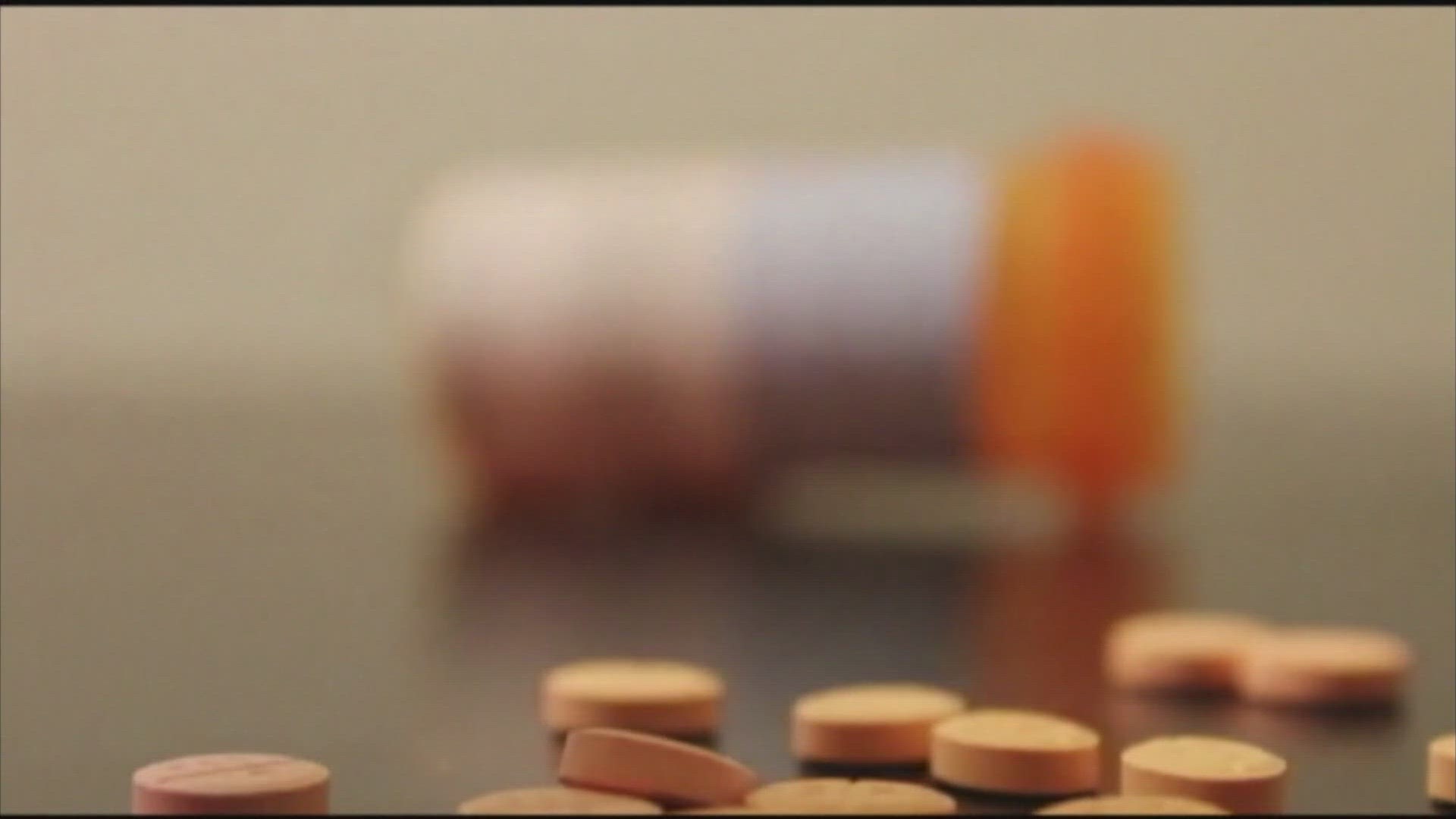JACKSONVILLE, Fla. — It's been a hot July in Northeast Florida, with several heat advisories through the weeks.
Florida Poison Control gets calls all summer long from emergency rooms with overheated patients.
"It seems like we're getting them earlier than in previous summers," said Florida Poison Control Education Coordinator Mike McCormick.
Poison control gets involved when those patients are on medications that don't mix well with the heat.
"We have every medication, every side effect," said McCormick. "We have treatments, therapies."
McCormick has three S's to keep in mind when it comes to medications and heat.
His first S is storage.
"Medication is supposed to be stored at room temperature," said McCormick. "The heat can reduce the efficacy of your medication."
McCormick says to keep medication somewhere cooler, not in your car or in a bag all day, to make sure it can still do its job.
His second S - Sweat.
"Several of the medications people take, anywhere from antibiotics to acne medication, tells your body not to sweat, which causes you to overheat more quickly," said McCormick.
If sweat-blocking is a side effect, McCormick says it's something to think about while you're in the heat, knowing your body won't have a naturally cooling factor.
He pointed out many blood pressure medications can impact a different way your body tries to cool off.
"They are interfering with that thirst mechanism, so you won't get thirsty, so you won't get that other way to cool down," said McCormick.
The third S - Sunburn.
"Several of the medications, they'll make you more susceptible to the sun, and you can end up with sunburn, blistering, sun spots," said McCormick. "Some can cause you to break out in different rashes."
McCormick's top tip to follow all three S's is to simply read the label and any paperwork you get with a prescription or over the counter medication.
That way you'll know the symptoms it can cause and you can keep those in the back of the mind while taking on these hot days.

